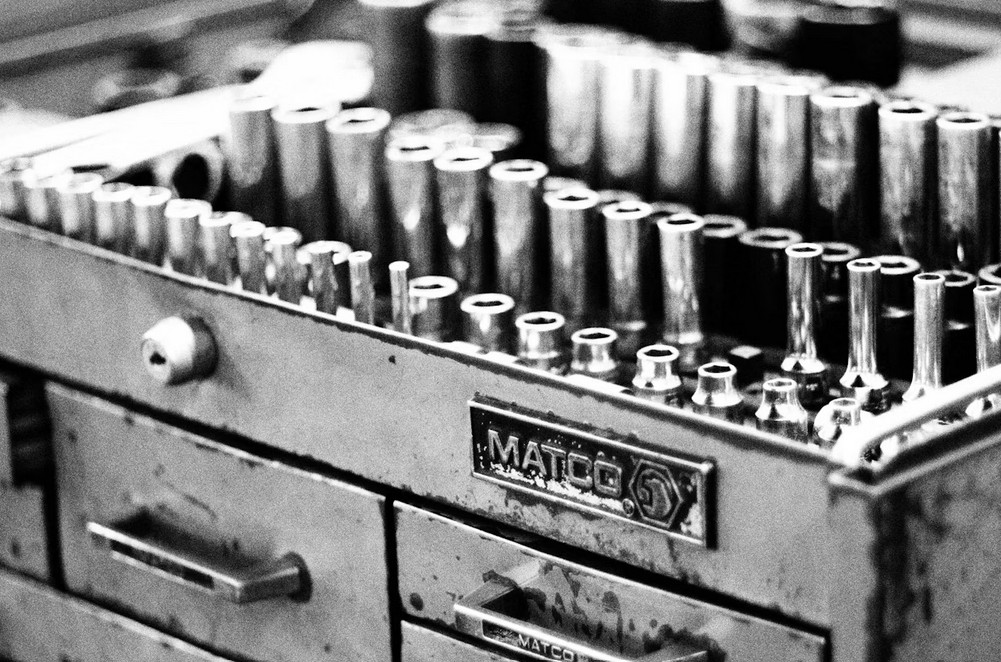Choosing the right automotive repair tools can be the difference between a workshop that runs efficiently and one plagued by constant tool failures and replacements. Whether you’re a seasoned technician, a mobile tradesperson, or an electrical contractor expanding into automotive work, investing in long-lasting tools is not just a matter of cost; it’s about productivity, safety, and performance. This guide offers practical advice to help you make informed purchasing decisions that stand the test of time.
Understand Your Application Needs
Before making any purchase, assess the scope of work and the environment in which the tools will be used. Are you mainly performing light vehicle servicing or heavy-duty repairs on commercial fleets? Do your tools need to withstand high-torque applications, exposure to oils, or outdoor usage?
For instance, hand tools used for brake repairs need high torque resistance, while those for interior fittings may require precision and non-marring finishes. Understanding these nuances helps you avoid buying overly specialised tools that offer limited utility or general-purpose tools that wear out prematurely.
Look for High-Quality Tool Materials
The longevity of any tool largely depends on the materials used in its construction. Look for products made from chrome vanadium steel, chrome molybdenum, or S2 steel—these materials offer superior strength, corrosion resistance, and wear tolerance. For tools exposed to harsh environments, a nickel-chrome plating or black oxide finish adds an extra layer of protection against rust and chemicals.
Also, ensure that fasteners, sockets, and bits have undergone heat treatment, which significantly improves hardness and durability.
Prioritise Reputable Brands and Warranties
Not all tool brands are created equal. While it might be tempting to opt for cheaper alternatives, established manufacturers usually back their products with rigorous testing standards and transparent warranty policies.
Look for tools that meet or exceed recognised standards such as ISO 6789 for hand torque tools, along with ANSI or DIN equivalents, and check if they offer lifetime warranties or easy replacement schemes. A reputable brand not only gives peace of mind but also ensures consistency in build quality—crucial for precision tools and repeat jobs.
Evaluate Ergonomics and Safety Features
Comfort might seem secondary to durability, but tools that reduce operator fatigue are often more effective and longer lasting in real-world use. Choose designs that incorporate anti-slip handles, soft grips, and balanced weight distribution. These features reduce the risk of accidents and repetitive strain injuries, which are all too common in high-use workshops.
For power tools, look for integrated safety features like thermal overload protection, soft-start motors, and automatic cut-offs that prolong the tool’s life and ensure operator safety.
Compatibility with Workshop Infrastructure
Selecting durable and reliable mechanic tools for workshop setups that align with your operational needs and infrastructure will prevent redundancy and ensure efficient use. Tools that aren’t suited to your workspace or workflow can create bottlenecks, introduce safety risks, or require unnecessary modifications that add cost and complexity.
This is particularly important when upgrading your workspace—whether you’re expanding an existing setup or shifting from a mobile unit to a permanent location. Choosing tools that integrate seamlessly with your existing systems helps streamline operations, reduce downtime, and ensure long-term practicality.
Look for Flexibility and Modularity
Choosing tools with modular components or interchangeable parts adds to their lifespan by allowing you to replace only the worn-out segments rather than the entire tool. Toolkits with replaceable bits, modular socket systems, or detachable heads provide long-term flexibility, especially in dynamic workshop settings where task requirements evolve regularly.
Such adaptability not only saves money but also reduces the time needed to source and familiarise yourself with new tools.
Long-Lasting Tools Start with Informed Choices
When investing in automotive repair tools, the cheapest upfront cost rarely equates to the best long-term value. Think strategically about your operational needs, durability requirements, and compatibility with your existing setup. A considered, quality-focused approach will always pay off—minimising downtime, boosting efficiency, and safeguarding your reputation as a trusted tradesperson or technician.
